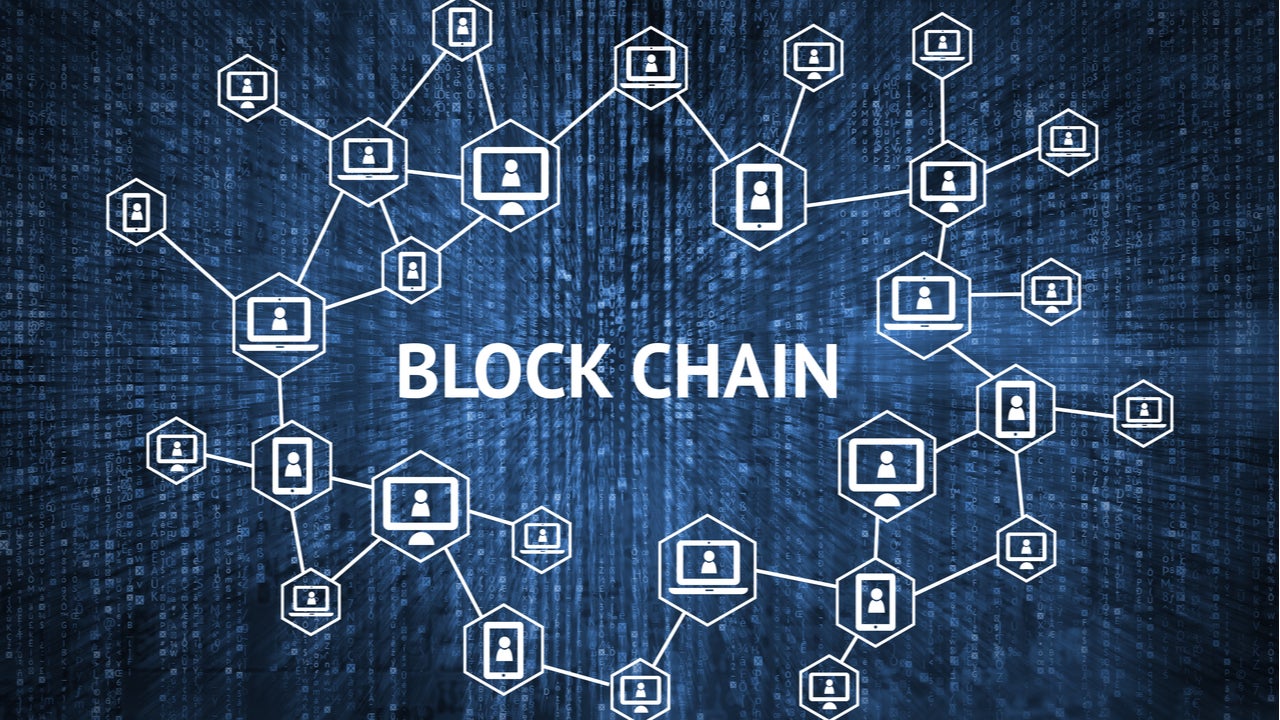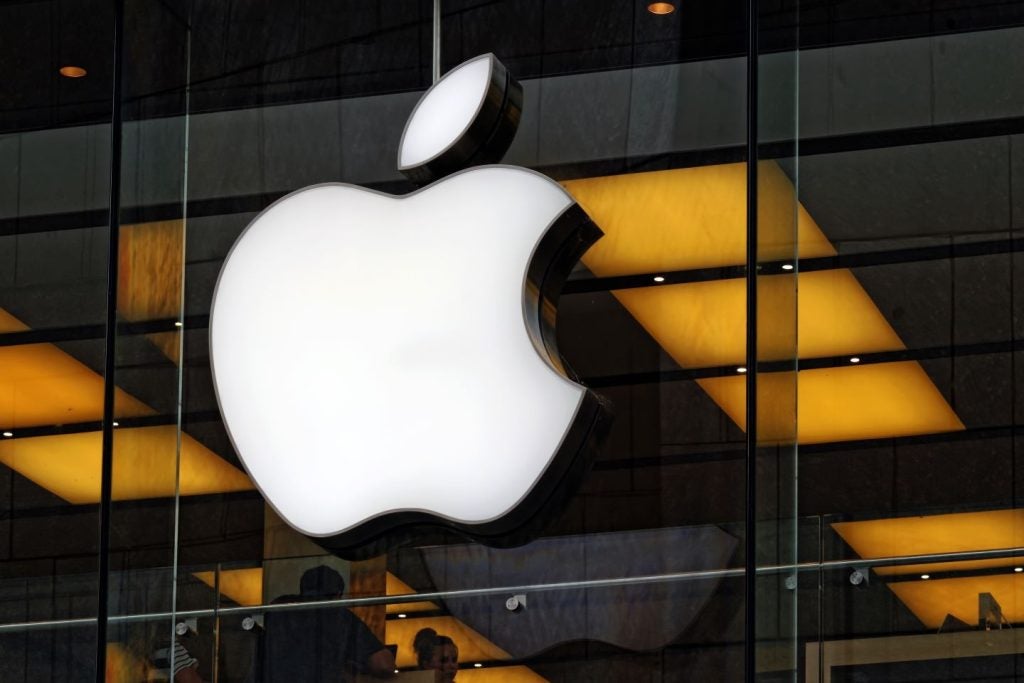
Enterprises work within the privacy rules governed by regulation and customers trust them with their sensitive information but with blockchain, the data is not private. The slow-paced approach of regulators in enforcing regulations for new technologies such as blockchain creates barriers to their adoption.
Listed below are the key regulatory trends impacting the blockchain theme, as identified by GlobalData.
Regulatory clarification
A substantial lack of regulatory clarity exists regarding the underlying blockchain technology, which acts as a significant barrier to broader adoption. Regulations have struggled to keep up with advances in technology, which is particularly true with blockchain. Many countries have taken steps to regulate blockchain in some fashion, but their disparate approaches have confused blockchain companies. Several areas of blockchain, such as smart contracts, require regulatory support to facilitate adoption.
Fintech regulation
An increasing number of financial transactions occur outside traditional institutions and mechanisms, which will continue to drive governments to tighten and search for stricter regulations related to fintech and cryptocurrencies. More oversight and tax-related initiatives will emerge as institutional investors get involved in the space. Fintech regulations are nascent, and governments are taking widely different approaches.
Blockchain standards
The absence of technical and governance aspects such as interoperability, security, and models for collaboration are holding back the adoption of blockchain. The World Economic Forum and the Global Blockchain Business Council set out to map blockchain technical standards globally in 2020. Key findings included a lack of clarity, as terminology remains inconsistent and the scope of blockchain standards is unclear, with significant gaps and overlaps in the standard-setting landscape, and inconsistencies across attributes. It is clear that standard-setting initiatives for blockchain are in the early stages and that the technology is evolving faster than standardisation frameworks.
Data privacy
Blockchain is driven by data like most automated processes. A blockchain platform used for payments, for example, will maintain a complete list of every transaction conducted by every participant. It raises regulatory concerns around data privacy, discrimination, and exclusion. For blockchain to become widely adopted, it must be seen as a trustworthy alternative. Trust requires clear communication and robust implementation of rules governing data privacy.
How well do you really know your competitors?
Access the most comprehensive Company Profiles on the market, powered by GlobalData. Save hours of research. Gain competitive edge.

Thank you!
Your download email will arrive shortly
Not ready to buy yet? Download a free sample
We are confident about the unique quality of our Company Profiles. However, we want you to make the most beneficial decision for your business, so we offer a free sample that you can download by submitting the below form
By GlobalDataThis is an edited extract from the Blockchain – Thematic Research report produced by GlobalData Thematic Research.






